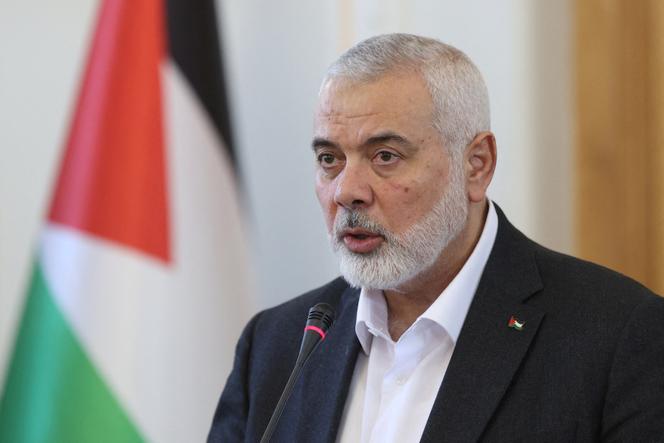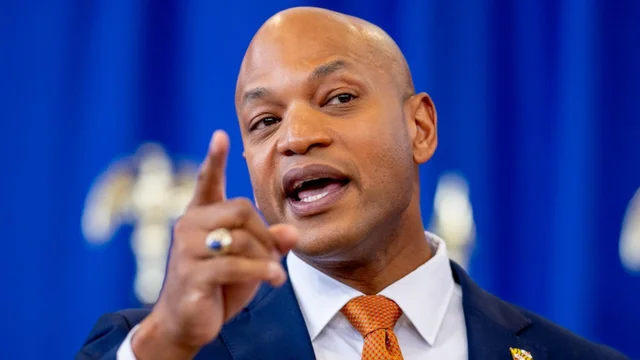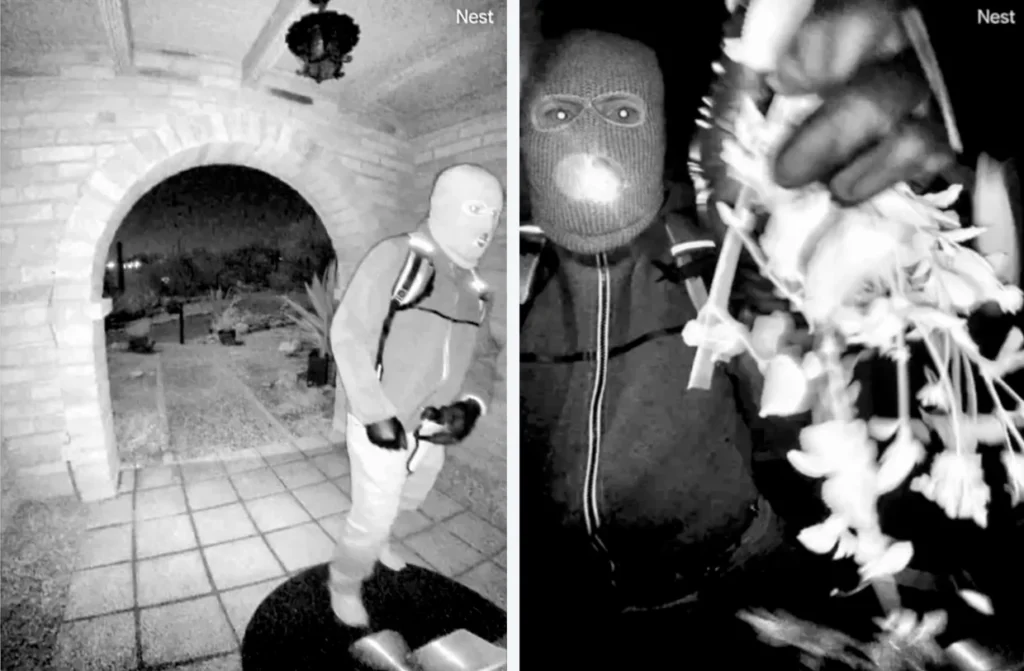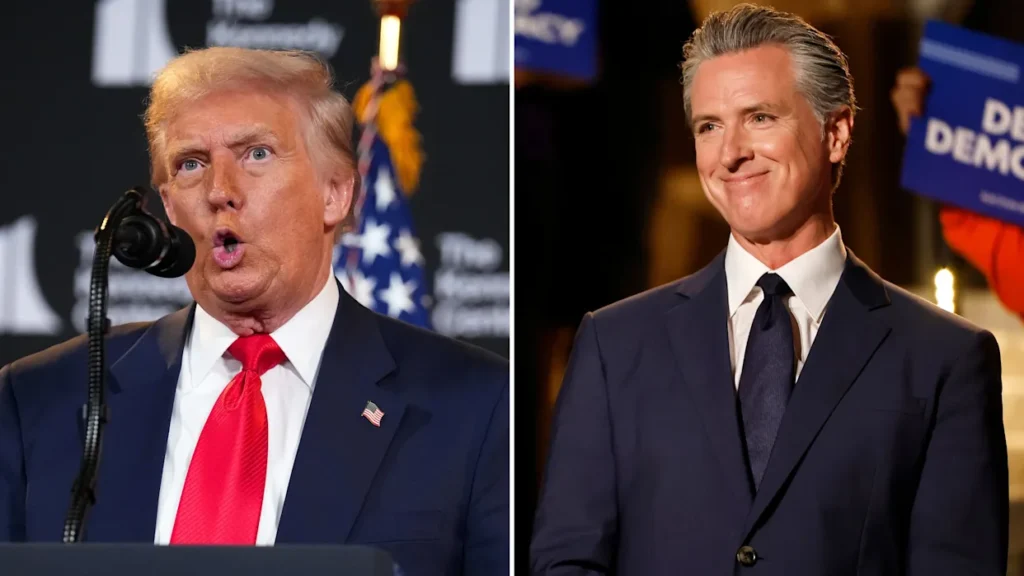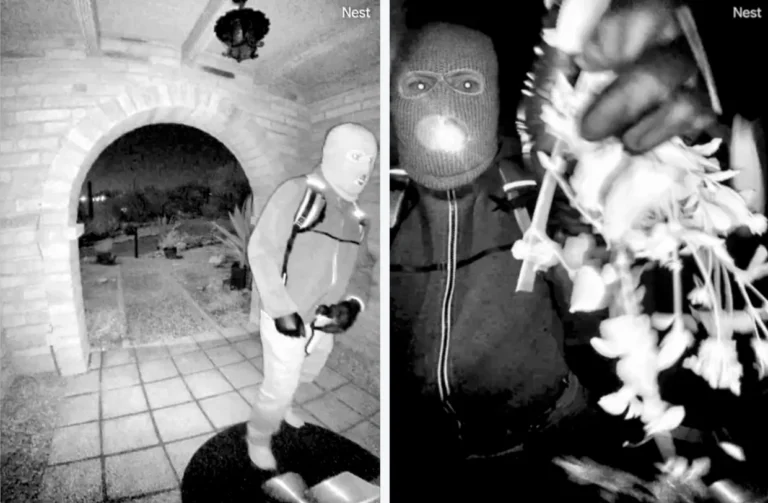The recent Hamas political leader Ismail Haniyeh funeral, who was tragically killed in a strike in Tehran, has captured the attention of people all around the world. This episode has changed regional dynamics and generated a great deal of global discussion. In this lengthy essay, we will look at the particulars of Haniyeh’s funeral, the broader implications of his departure, and the potential impact on the Middle East.
The Funeral of Ismail Haniyeh
Thousands of people came to Tehran on a depressing Wednesday to pay their condolences to Ismail Haniyeh funeral. The Hamas leader’s funeral march was a momentous occasion that demonstrated his significance to both the group and the larger geopolitical context. Ayatollah Ali Khamenei, the Supreme Leader of Iran, presided over the ceremony and led prayers for the departed.
The Role of Iran’s Supreme Leader
The fact that Ayatollah Ali Khamenei attended Haniyeh’s funeral demonstrates the close relationship that exists between Iran and Hamas. An important person in Iran’s political and religious circles, Khamenei, was instrumental in Haniyeh’s accolade. His participation serves to emphasize the importance of Hamas to Iran’s foreign policy and its support for the Palestinian cause.
Burial Plans and Political Implications
The planned location of Haniyeh’s funeral is Qatar, a nation well-known for its support of Hamas.The burial place selection is indicative of the solid partnerships and ties that Hamas has built throughout the Middle East. The ruling also emphasizes Qatar’s importance in regional diplomacy.
International Reactions and Tensions
Ismail Haniyeh’s murder has sparked a significant worldwide outcry, mainly from Israel and the United States. According to reports, Iran’s Supreme Leader has given the go-ahead for a direct assault on Israel, attributing the Israeli government’s actions on Iranian territory. Fears of a regional conflict getting worse have increased in response to this claim.
US Media Reports and Israeli Reactions
US media outlets report that Iranian leaders have alluded to harsh reprisals against Israel. Recent remarks made by Israeli Prime Minister Benjamin Netanyahu, who acknowledged dealing “crushing blows” to its enemies, including the assassination of a senior Hezbollah leader in Lebanon, have added to the tension.
Netanyahu’s Ahead of Difficult Days
Netanyahu warned of impending hardships for Israel and emphasized the shaky security situation in a speech that was broadcast. His comments reflect growing concerns about the likelihood of a larger confrontation in the Middle East among various factions.
The United Nations’ Stance
A “dangerous escalation” in hostilities has alarmed UN Secretary-General Antonio Guterres. The world is concerned that these recent events could lead to widespread violence and instability, as evidenced by the UN’s call for moderation.
The Impact of Haniyeh’s Death on Hamas
Haniyeh’s passing will “take the battle to new dimensions,” according to a statement made by Hamas’s armed wing, suggesting that the group’s actions will likely intensify. It is anticipated that the departure of such a prominent figurehead will have a significant impact on Hamas’s future tactics.
Confirmation of Hamas’s Military Chief’s Death
Following Haniyeh’s murder, Mohammed Deif, the military head of Hamas, was reported dead by Israel’s military following an airstrike in the Gaza Strip. Deif was said to have been a major player in the recent attacks in southern Israel that caused a large number of victims. He was the target of an attack on a compound in Khan Younis.
Hamas’s Reaction to Deif’s Death
Mohammed Deif’s death has not yet been confirmed by Hamas, and the group is still in shock over what happened. Such prominent figures passing away deals Hamas a serious blow that will lower its morale and operational capacity.
Regional Dynamics and the Bigger Picture
The recent strikes and retaliations reflect the complex web of alliances and enmities in the Middle East. The state of affairs underscores the continuous struggle that Israel faces against other groups in the area, such as Hezbollah and Hamas. Comprehending these relationships is essential to appreciating the wider ramifications of Haniyeh’s passing.
Iran’s Role and Regional Influence
Iran’s involvement in supporting Hamas and Hezbollah underscores its influential role in regional politics. The nation’s backing of these organizations fits with its overarching plan to fight Israeli influence and assist Palestinian and Lebanese movements that are at odds with Israel.
The Broader Implications for Middle Eastern Stability
The stability of the Middle East is significantly impacted by the rising levels of violence and political machinations. The international community continues to be extremely concerned about the possibility of further conflict and instability as different parties negotiate this difficult environment.
For more latest news checkout our website: latestglobalinsight


